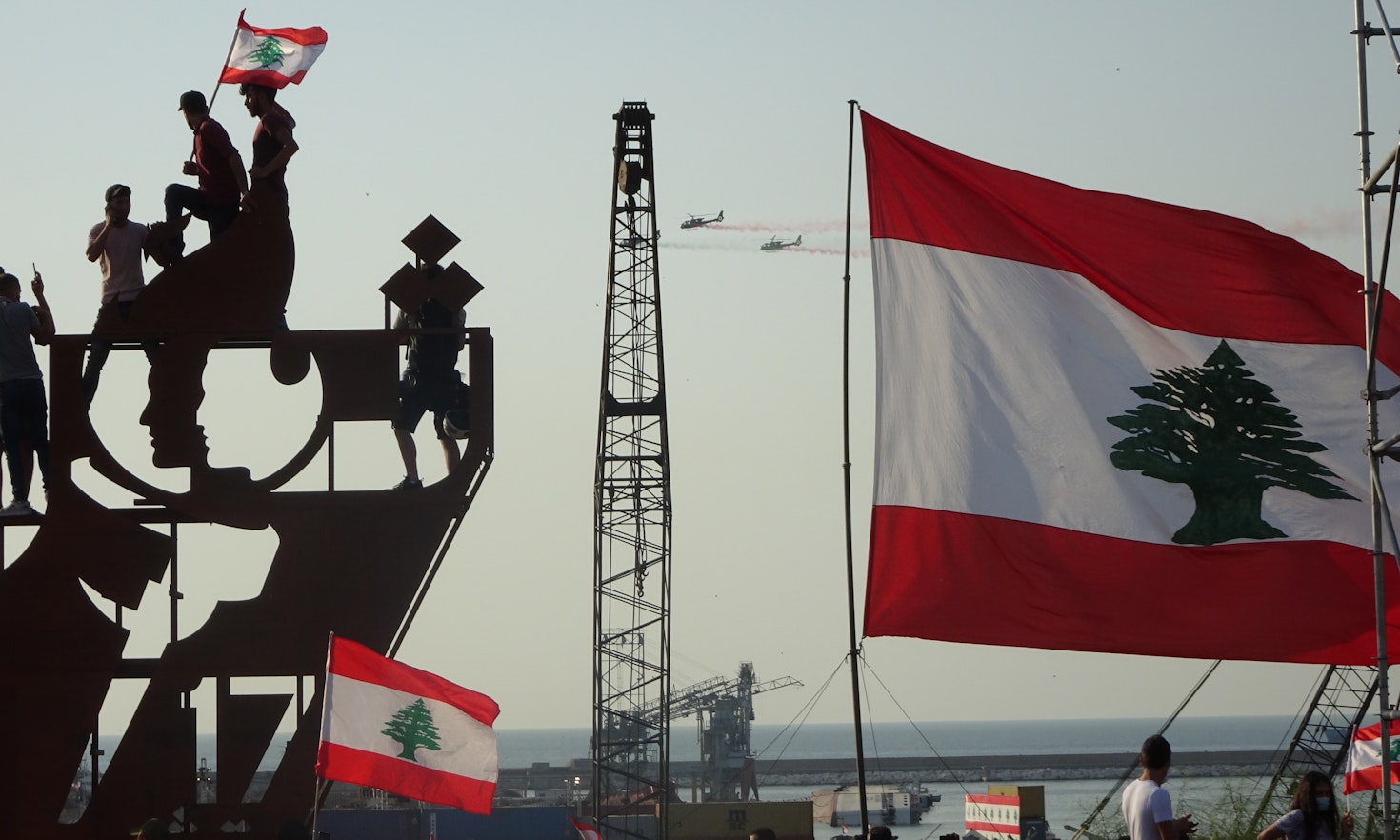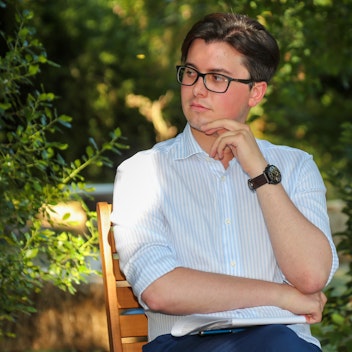Can Lebanon be non-confessional? Reforms, identity, and global powers

It is fascinating to look at Middle Eastern societies. Political systems reflect irreducible ethno-religious variety. Moreover, politics and political instruments as parties, derive from the divisions within society, in line with the assumption that identity arises from differences. So, if religion is identity-making, it can be considered an all-political tool, no longer and not only a fact of faith, nor an individual choice. Religion implies political identity, community sense, and belonging, and as a result offers protection, advantages, and conventions to its adherents. As opposed to it, Europe’s pursuance of another path: the often progressive and traumatic – as recalled by the “Spanish Fury” in Antwerp or the siege of La Rochelle – separation between politics and religion. Until today, while following how European societies will evolve after the current Great Crisis and if this changeover opens new political divisions, economic fractures have absorbed the charge of conflict, according to the classic capital/labour juxtaposition. Hence, the Middle East presents a tangled situation. While Christianity divides the “eternal” and “imminent” questions, recognizing the individual faculty of choice, also regardless of the state, Islam has had a further development – man as a God’s “vicar superintendent” – which until now has made the separation uneasy (with different intensities). Although Christian values and priorities are present in European politics, a similar demarcation does not exist in Middle Eastern systems or is not very nuanced.
Lebanon: a problematic geo-history
Small and strategic. Many appetites are concentrated on Lebanon and not only for the abundant marine gas reserves, which are today more precious than ever. Westernized but already eastern, Lebanon is a land where regional and global players move their pawns. However, Lebanon is an example of pluralism where 18 religious denominations are recognized. Clashes between religious confessions have studded the history of Lebanon, yet there have never been any examples of coexistence and cooperation. It is a prohibitive task to hold together such a fragmented and conflicting society. Many incurable conflicts exist even within the monotheistic religion: Sunni and Shia; Maronites and Orthodox. Furthermore, some look at the West as an example and the West looks to Lebanon as a landing point (from the seventeenth century onwards); others look to the West only with suspicion. Finally, it should be added that Palestinian and Syrian refugees have arrived in Lebanon, altering the fragile demographic balance.
Conciliate the irreconcilable: the confessionalism choice
Confessionalism is the method of allocating seats and positions based on religious membership. The assignment criteria follow the demographic weight of every sect. Up to now, the Maronites were preeminent. It was a correct choice – combined with a purely centralized organization – to keep the country’s many souls in check. However, it cannot produce public policies aimed at general interest, longer-term and coherent guidelines without forgetting that the demographic balance is drastically changing. So, Muslims are claiming more political and institutional weight then today. According to most observers, this “sectarian lobbying” has led to the Lebanese organic crisis: a blocked and inefficient system, unprecedented economic crisis, currency devaluation, and absence of essential services.
The path of reforms: local power and laicism
The MENA area is seeking a new balance. While the discussions on the Iranian nuclear deal are proceeding – Hezbollah is following with interest – and the Arab world is assimilating the Abraham Accords’ lesson and dialoguing with Israel – Israeli state has been very cautious about Ukraine – at the same time, the Western front is completely absorbing other countries like Morocco and Tunisia, but while “revolutionary” Algeria looks to Russia and China, Lebanon remains in a vacuum and, in fact, a failed country. In this changing but destined to crystallise a new equilibrium context, the absence of an efficient, flexible, and recognized governance is lacking. The need for local self-government is increasingly felt; indeed, it should have already been implemented - primarily after the Taif Agreement. The substantial inversion of the center-periphery relationship would bring stability and less religious conflict precisely because the local level favours the resolution of problems, reciprocity, efficiency, and transparency. The detachment from religion, the matrix of profound meaning and political (confessional) identity, is more complex. Lebanese society will have to find something else to politicize or divide new political fractures. This will also require the construction of a Lebanese national identity, in any case, to be reconciled with local needs for autonomy.
Can Lebanon be non-confessional?
The confessionalism practice photographed the truth of matters: the irrepressible Lebanese diversity, resulting from millennia of syncretism, from Sargon the Great to From Sargon to the fully westernized Beirut of the 1960s. Lebanon is a melting pot of all Mediterranean souls, as demonstrated by the country’s marvellous ancient residences, which Beirut Heritage Initiative is striving to save and restore (especially after the dramatic Beirut blast in 2020), and where the all-Venetian arches lighten the solid squared Renaissance stone while the gardens preserve Oriental fragrances. The MENA area, where Tunisia comes out of the Muslim Brotherhood’s season with the presidential tears of Saied, where Syria and Libya do not exist anymore, where even Israeli proportional and now Arab-party-inclusive democracy does not seem stable, cannot offer so many alternatives now.
Webinar
Lebanon: is regionalism a solution?
01 June 2022 18:00 – 19:00 CEST (Bolzano/Bozen) 19:00 – 20:00 EEST (Beirut)
Register here: https://scientificnet.zoom.us/webinar/register/WN_8o5t_VpkSp2a90adbet22w

Citation
This content is licensed under a Creative Commons Attribution 4.0 International license except for third-party materials or where otherwise noted.

Let them eat bacon? Exploring the subnational positive effects of pork barrel politics in the Brazilian context
 Amanda Domingos
Amanda Domingos
Independent at last: the story of Usansolo or when the rules are for sale
 Francisco Javier Romero Caro
Francisco Javier Romero Caro
The Controversial Dawn: Javier Milei's First 100 Days
 Lara Goyburu
Lara Goyburu